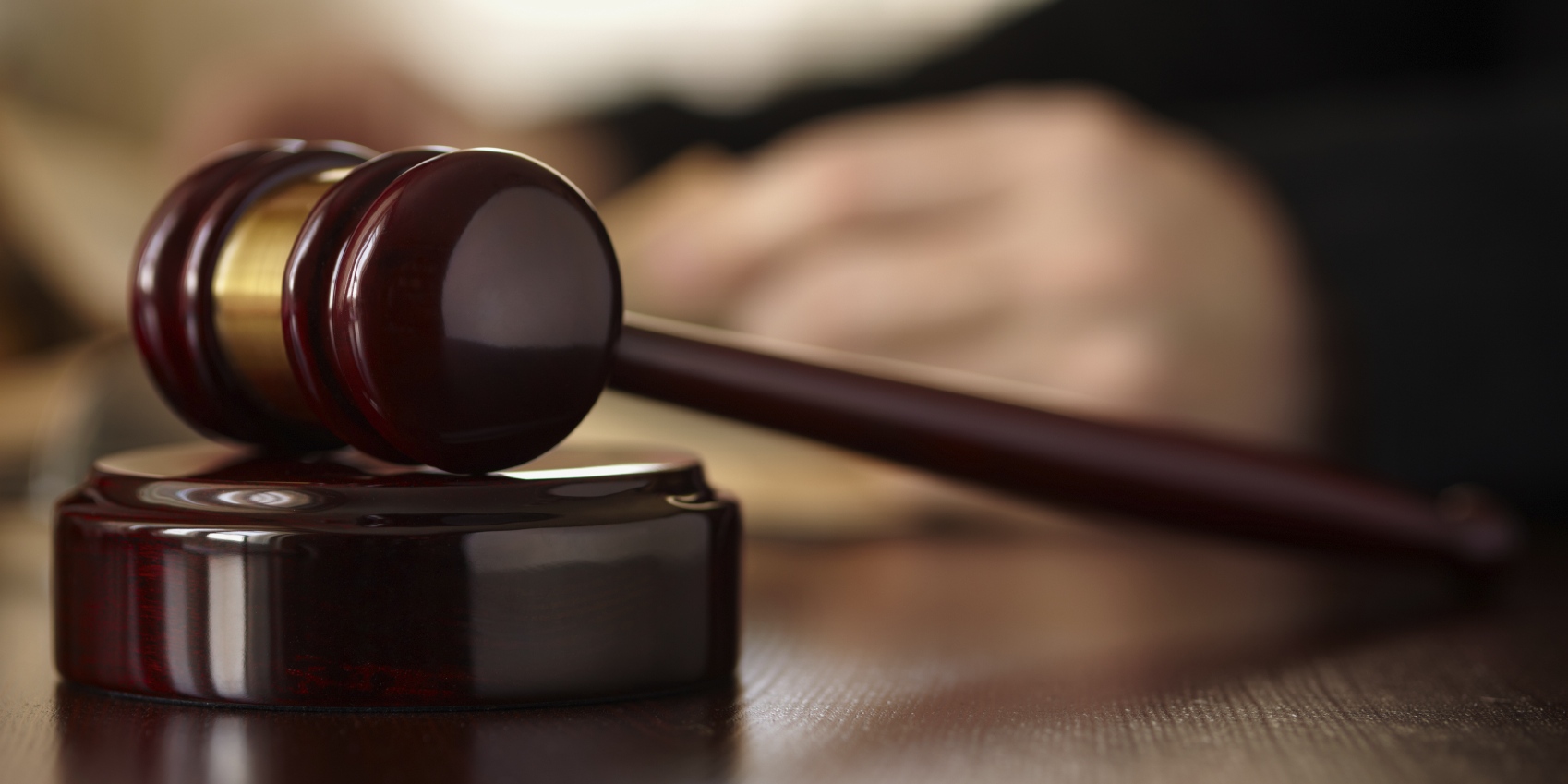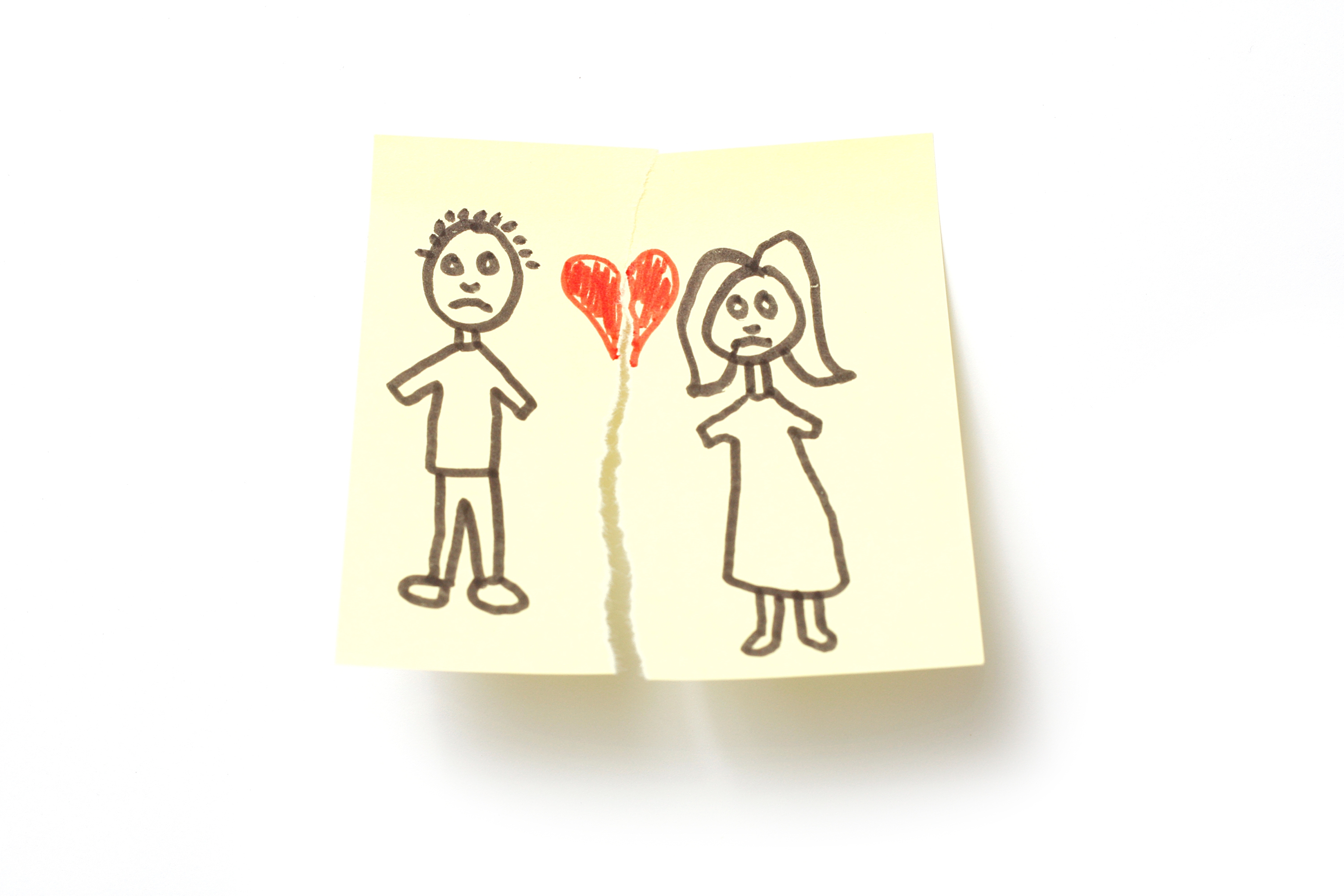The Supreme Court ruled today that a town council has the right to allow persons to open council meetings with prayer. On this one, the Supreme Court not only made the right call but also safeguarded an American principle of the right kind of pluralism in the public square.
Some would argue that this decision, Town of Greece v. Galloway, represents an establishment of religion, that it tears down the separation between the church and the state. They are wrong. The decision does just the opposite. Notice what the town was not doing. They were not writing prayers, or censoring prayers, or even requesting certain wording in prayers. They were simply allowing sessions to open with persons praying according to their own consciences.
Some would object that this is the problem, that these prayers were “sectarian” in nature (many of them, for instance, were offered in Jesus’ name). But that’s exactly the point.
First of all, what would be a non-sectarian prayer? Would it be a prayer that is directed to God but doesn’t mention Jesus? How is that prayer not exclusionary of polytheists? More to the point, how does the government decide what is an appropriate level of “sectarian” content? Does the government allow one to say “God” or “heaven” or “Ground of Being,” but rule you out of bounds for mentioning “Jesus” or “Allah” or the Bible or the Torah or the Bhagavad Gita?
If so, then we would in fact have an establishment of a religion. The establishment of a state-enforced generic civil religion. As an evangelical Christian, I believe that I can approach God only through the mediation of Jesus Christ, who stands before God with his own blood and righteousness interceding for those who are found in him. That’s why evangelicals close their prayers “in Jesus’ name.” I don’t expect those who don’t believe in Christ to pretend that they do. In fact, to ask them to pray as though they were Christians would be an act of hypocrisy. I have serious theological differences with other religions, and those differences show up in the ways we pray. But those differences should be the subject for debate among ourselves, not for the government to referee them by pretending they don’t exist.
Some would say, further, that we could eliminate this tension altogether by simply disallowing any sort of prayer. In her dissent, Justice Kagan said that we come to our government simply as Americans, not as representatives of various religious traditions. But, again, this is itself a religious claim, that faith is simply a private personal preference with no influence on our public lives. That’s a claim that millions of us, whatever our religious beliefs, reject.
Prayer at the beginning of a meeting is a signal that we aren’t ultimately just Americans. We are citizens of the State, yes, but the State isn’t ultimate. There is some higher allegiance than simply political process. We often disagree on what this more ultimate Reality is, but the very fact that the State isn’t the ultimate ground of reality serves to make all of us better citizens, striving to seek for justice in ways that aren’t simply whatever the majority can vote through. And it reminds us that there is a limit to the power of politics and of government.
A government empowered to mandate generic civil religion prayers or to ask citizens to pretend that their government has no higher accountability would be a government too intrusive. It wouldn’t create unity, but would simply silence proper pluralism and replace prayer with bureaucracy.
In this decision, the Supreme Court didn’t violate the separation between the church and the state, rightly understood. The Court instead upheld it, and did the right thing. Maybe this is a sign of a better way forward, toward a right kind of free marketplace of faith expression in American life. Let’s pray that it is.
—–
This article was originally posted on time.com.
You can view the Amicus Brief we filed with the Supreme Court regarding this case here.








